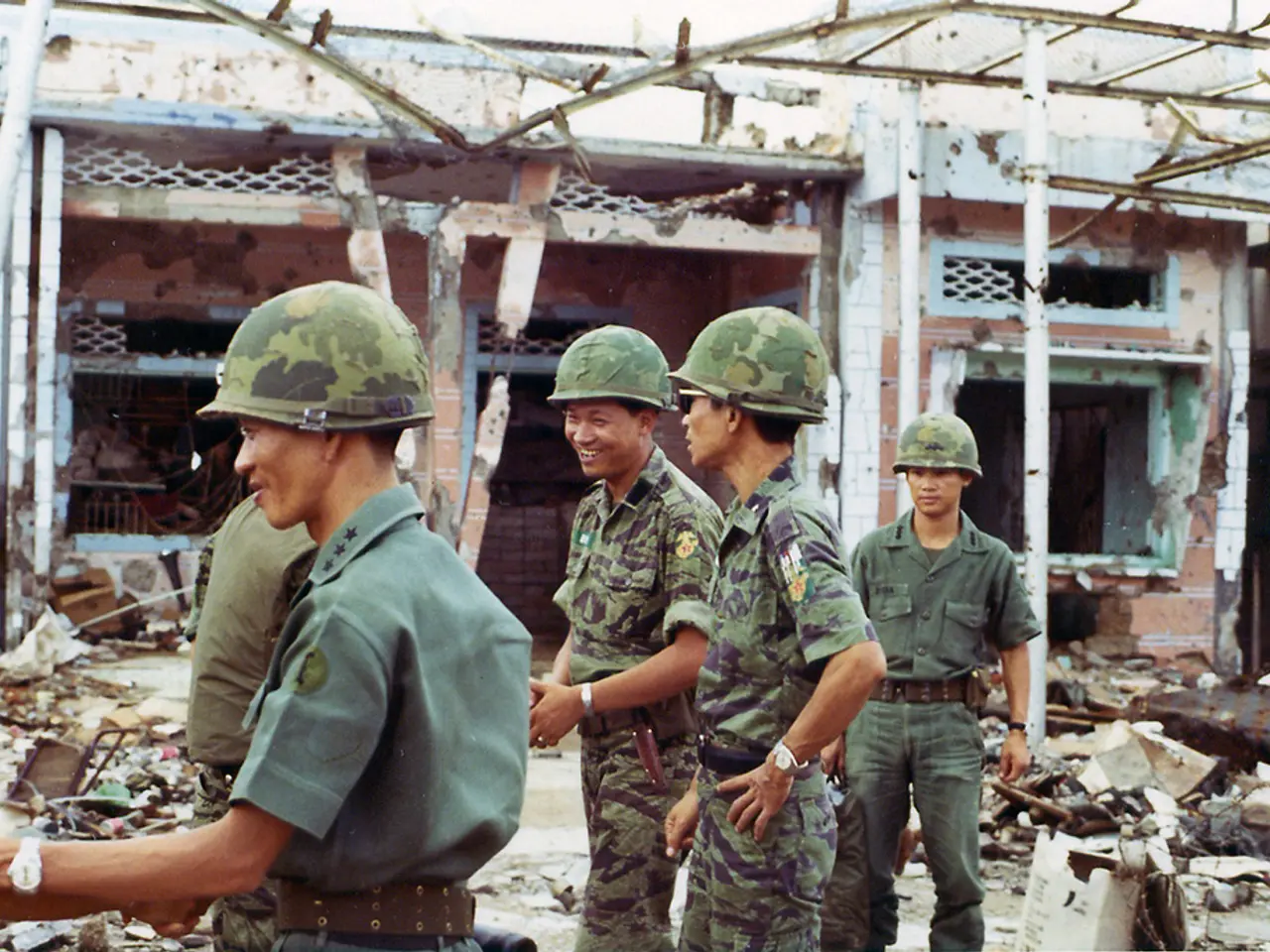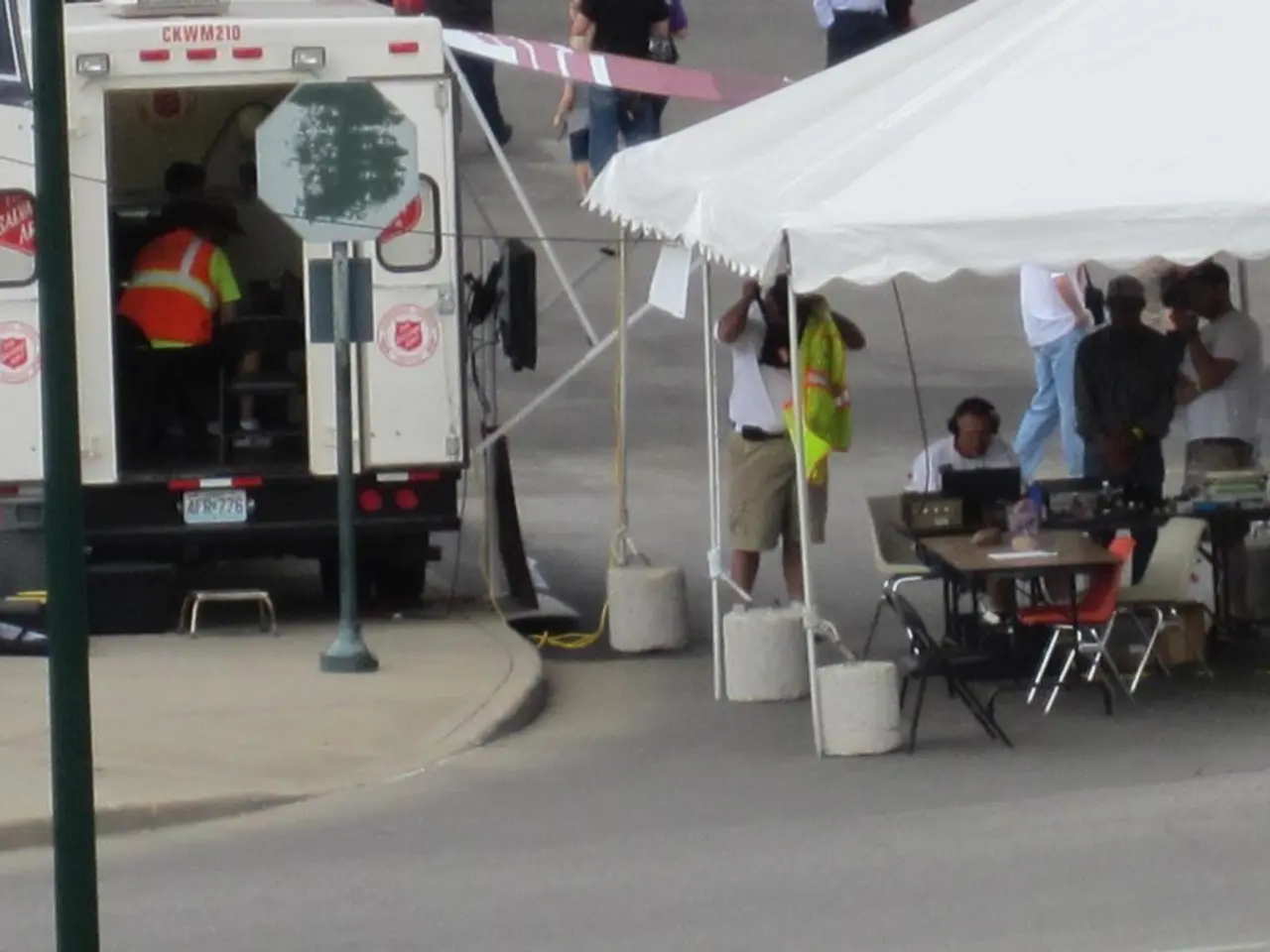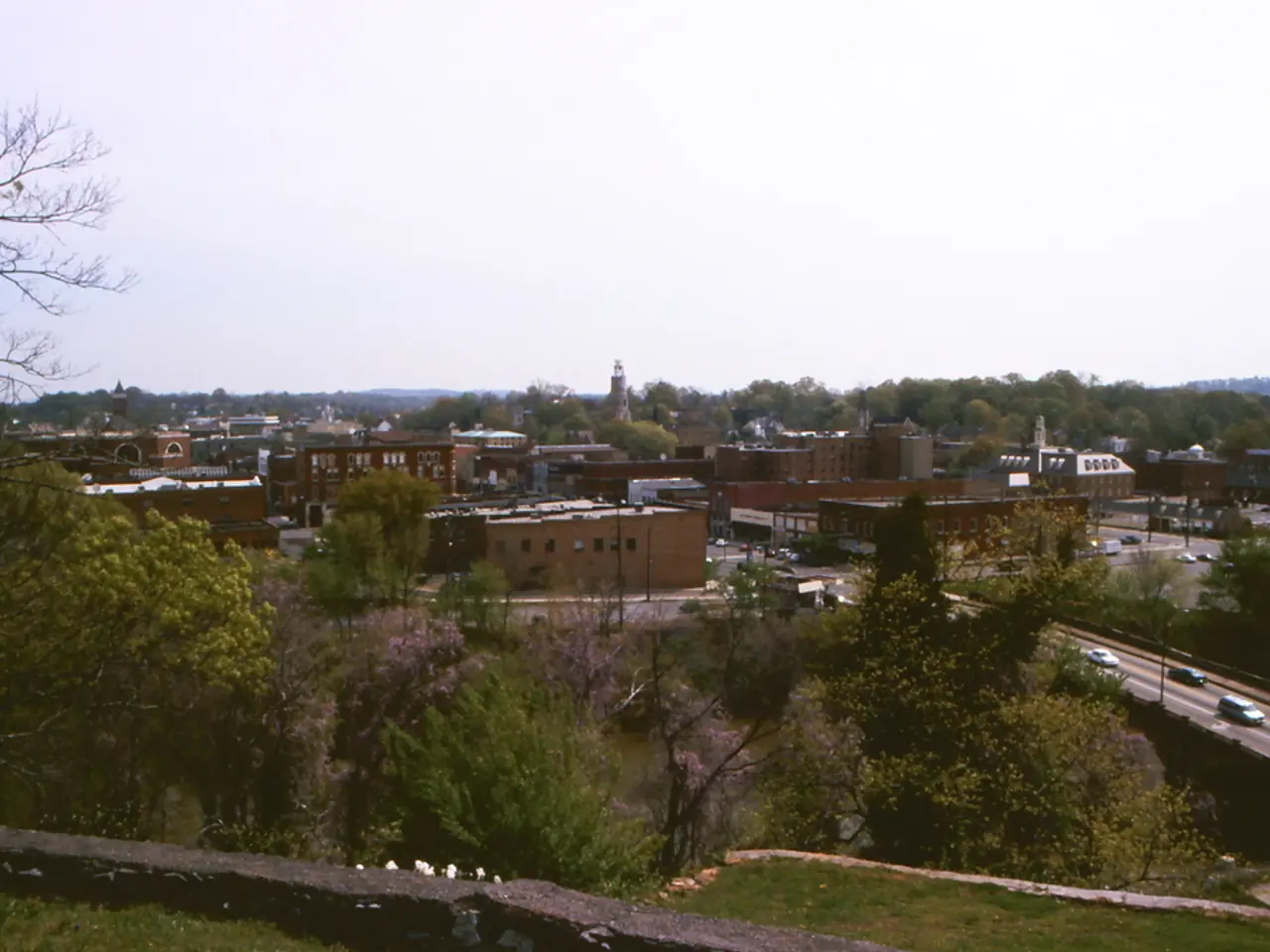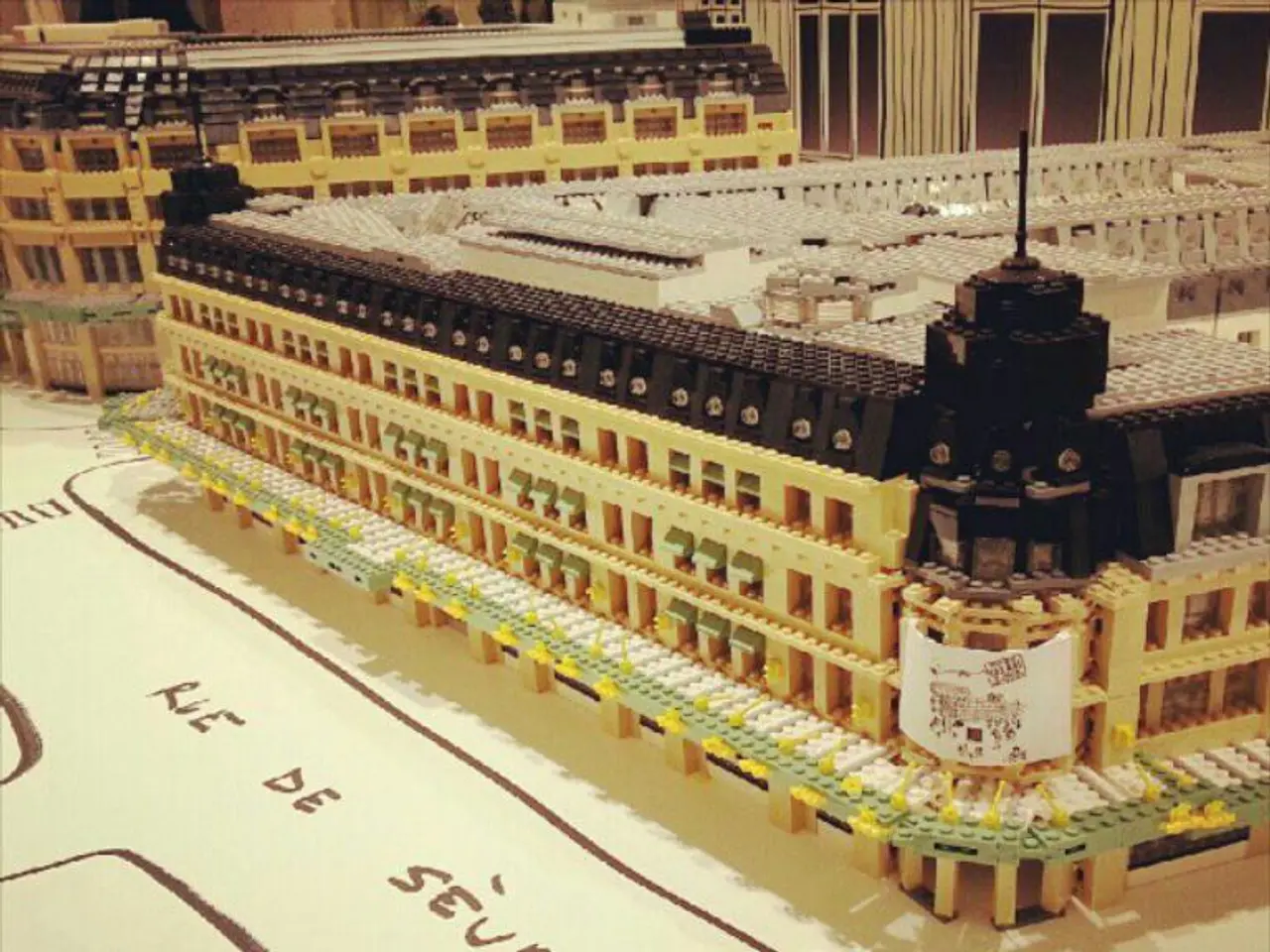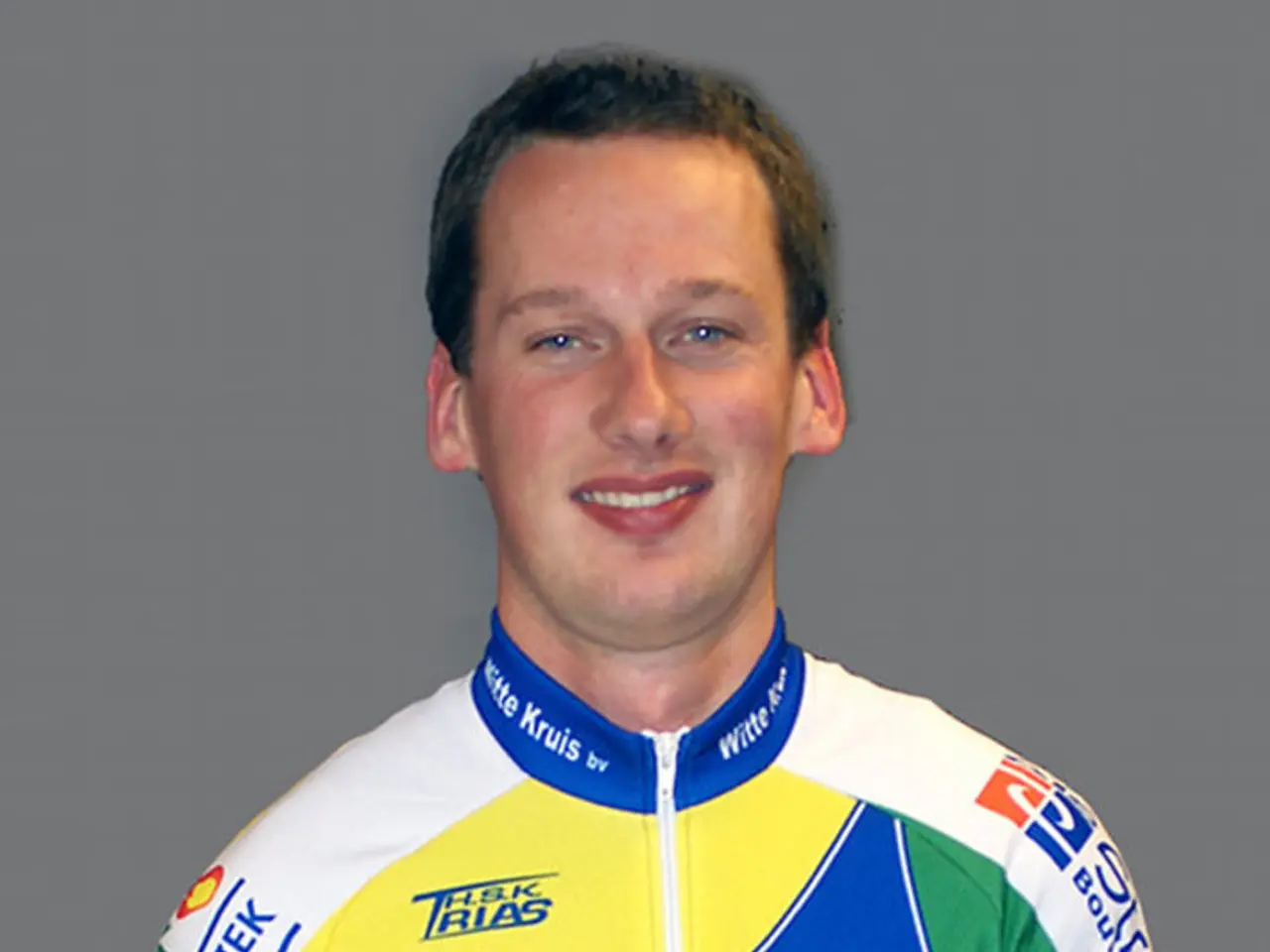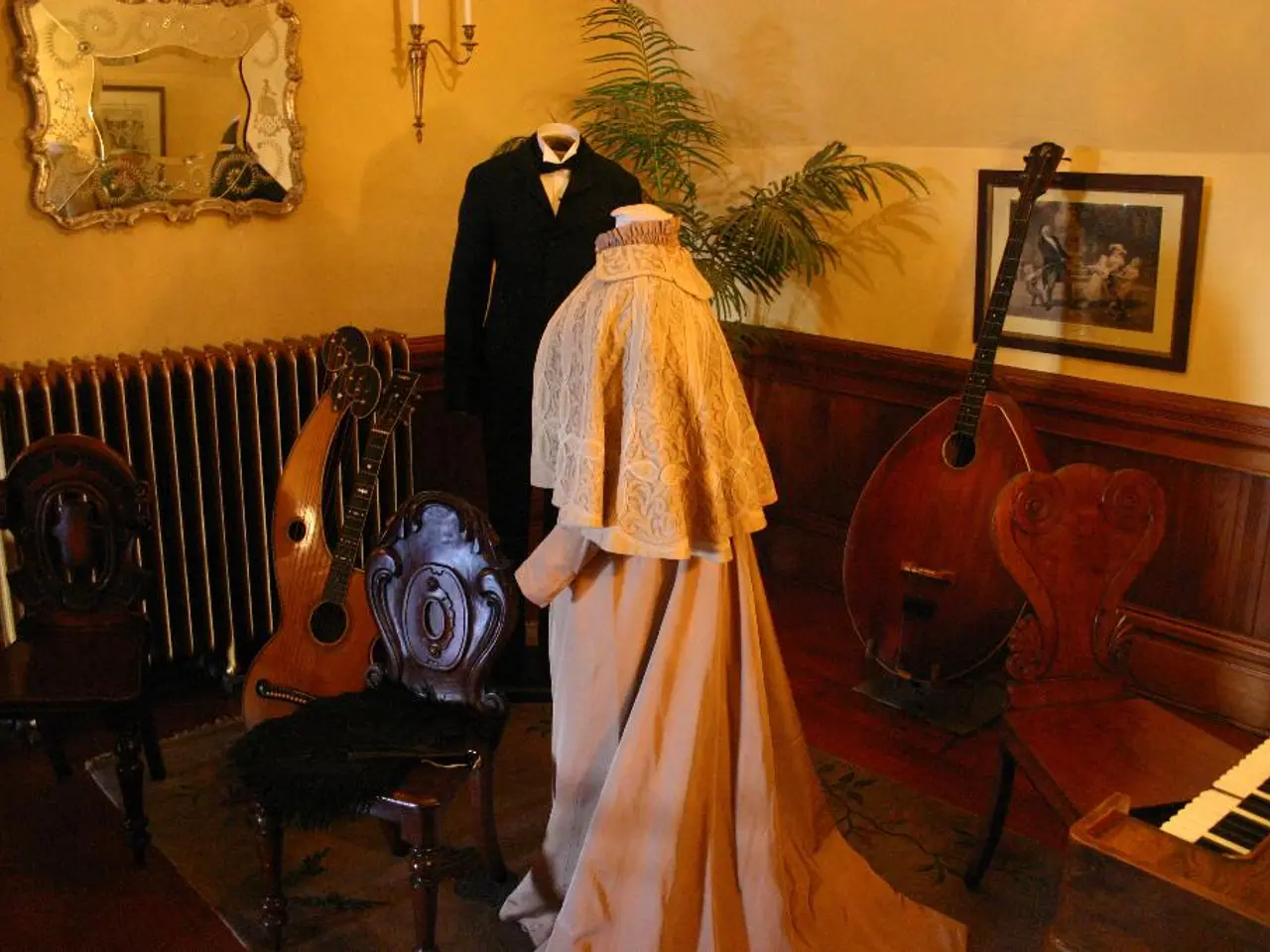Troops pulled back by Chareh from Soueida, body count tallied
The withdrawal of Syrian government forces from the southern province of Sweida, following a ceasefire agreement, has brought about significant changes in the region. The city, once a stronghold for the Druze community, has been left in ruins, with bodies on the streets and families displaced.
The ceasefire, obtained "by force" after strikes on several targets in Damascus, according to Israeli Prime Minister Benjamin Netanyahu, aimed to stabilise the region by ending hostilities between government forces and Druze militias. However, concerns remain about the durability of the ceasefire, as previous agreements have failed to hold.
Under the ceasefire, Druze factions and clerics have been entrusted with maintaining internal security in Sweida. This move is intended to calm tensions and reduce violence. The main hospital's morgue in Sweida is overflowing, and families are searching for their loved ones.
The conflict in Sweida began with tit-for-tat kidnappings and attacks between Druze fighters and Bedouin tribes, escalating into a larger confrontation involving government forces. Israel's military intervention in support of the Druze minority added international dimensions to the conflict, prompting strikes against Syrian military targets. Other strikes occurred near the presidential palace and in the surroundings of Damascus.
The United States played a key role in mediating the ceasefire agreement between Druze leaders and Syrian government officials, working alongside Turkey and Arab countries. The mediation aimed to halt the violence and prevent further escalation, which had attracted intervention from Israel in support of the Druze minority. The U.S. involvement also reflects broader diplomatic efforts to support Syria's post-war political transition, which was threatened by the recent fighting.
People from Syria have started to cross the border at Majdal Shams, with dozens gathering on the ceasefire line separating Israel and Syria, looking for relatives who might try to enter Israel. Qamar Abou Saleh, a resident of the Druze village of Majdal Shams, stated that many people headed towards the border on Thursday due to the dramatic situation in Syria.
The violence in Sweida has resulted in over 500 deaths, including 83 people "summarily executed by members of the Defense and Interior Ministries," according to reports. The Syrian Observatory for Human Rights (SOHR) accused the Syrian government of fighting against the Druzes and reported numerous abuses.
The interim president, Ahmad al-Chareh, stated that American, Arab, and Turkish mediation had saved the region from an unknown fate. However, the future remains uncertain, with concerns about the stability of the ceasefire and the humanitarian situation in Sweida.
- Despite the ceasefire, the main hospital's morgue in Sweida is overflowing, indicating ongoing violence and loss of life.
- Beyond the political negotiations, Israel's military intervention in support of the Druze minority has added international dimensions to the conflict.
- Concerns persist about the durability of the ceasefire, as previous agreements have failed to hold, prompting worries about the future stability of the region.
- In addition to war-and-conflicts, general-news in the region also includes stories of crime-and-justice, such as the reported summary executions in Sweida, as well as sports, including sports-betting trends among the displaced population seeking refuge.
